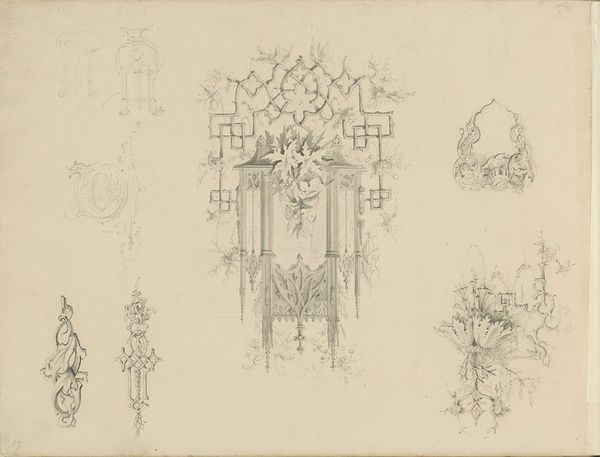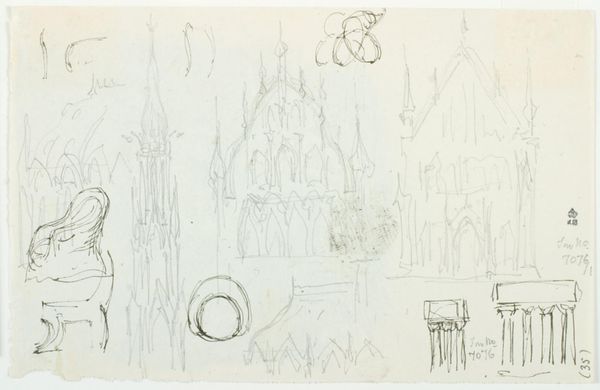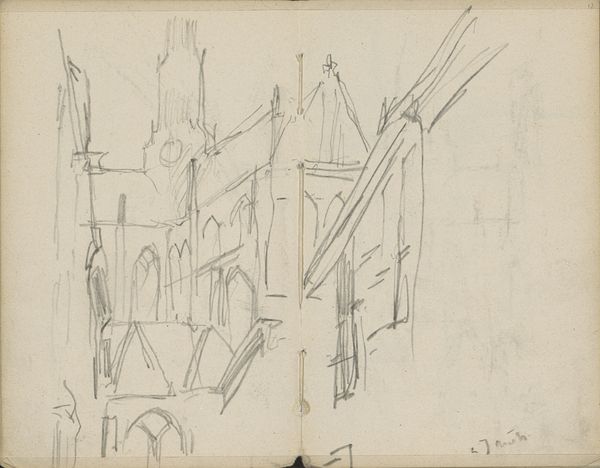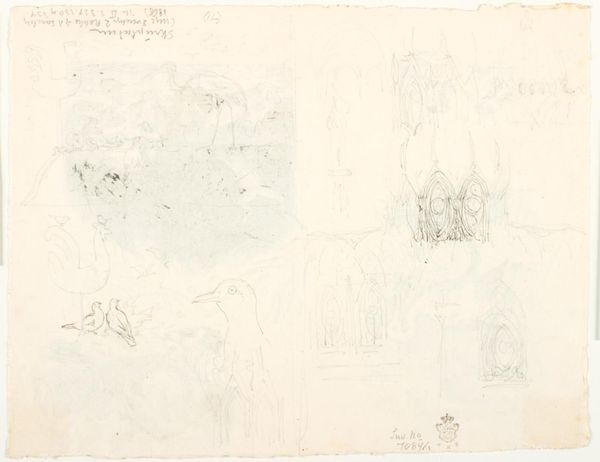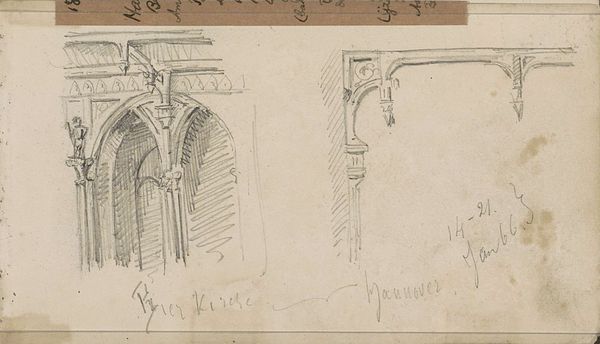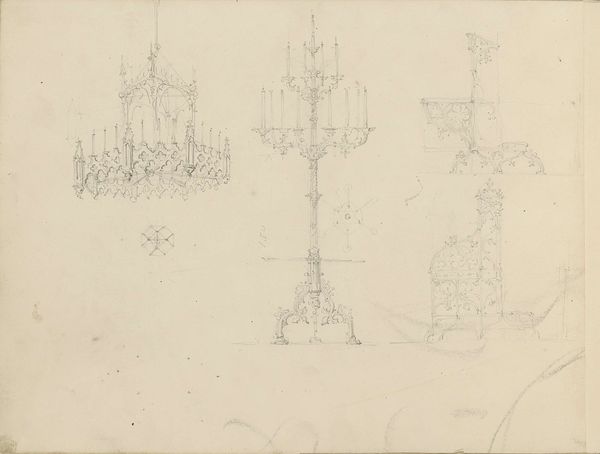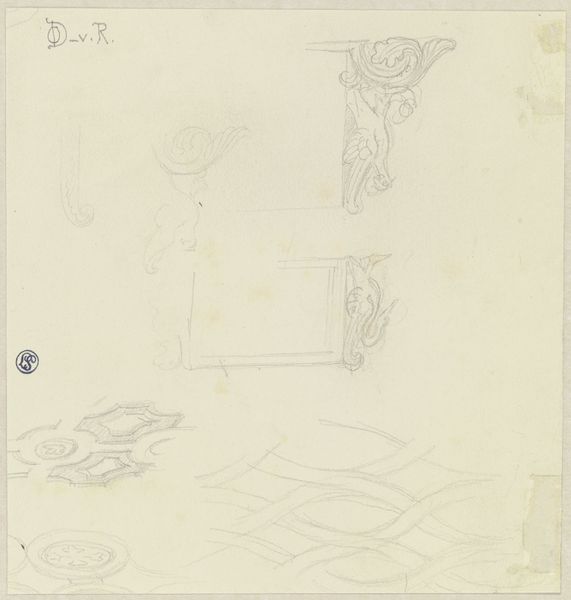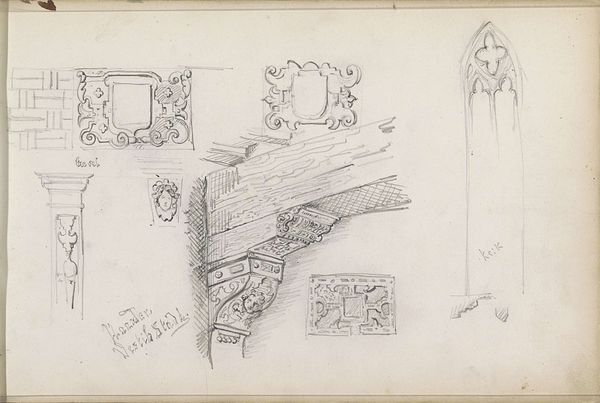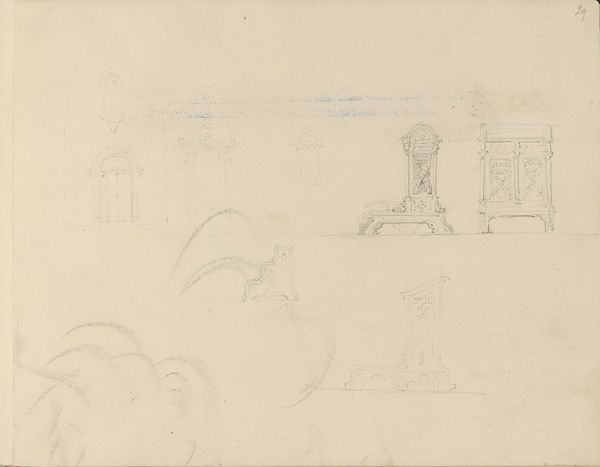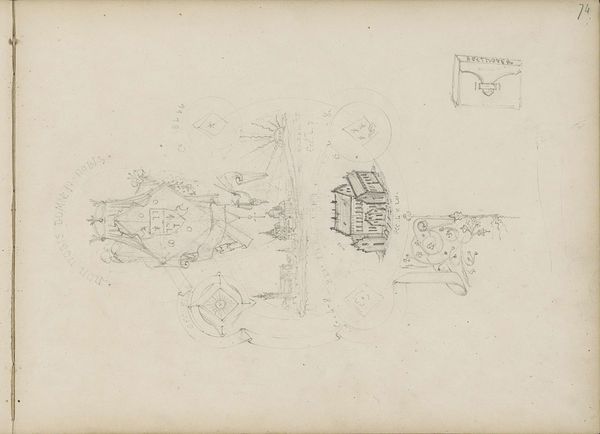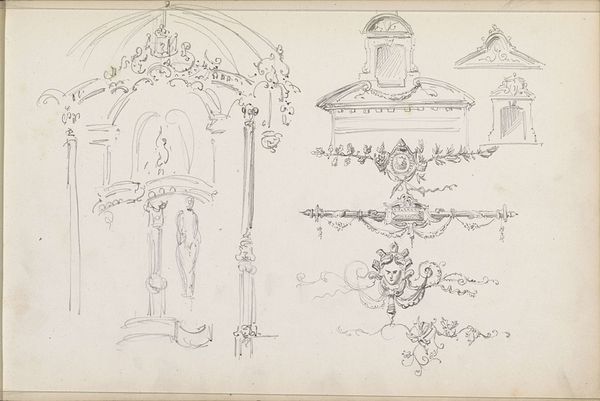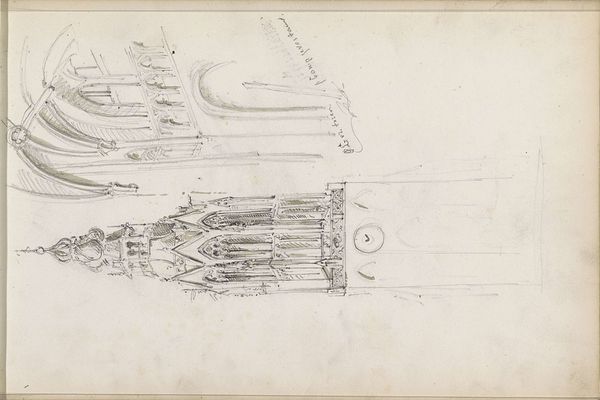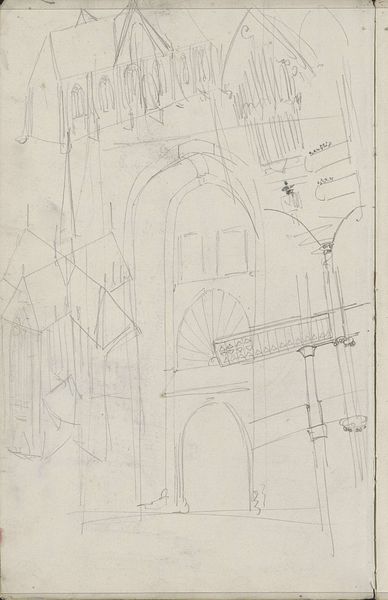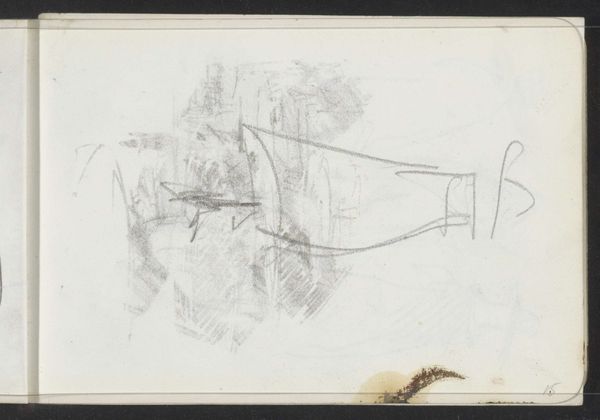
Copyright: Rijks Museum: Open Domain
Isaac Gosschalk produced this drawing of window designs for the cloister of Utrecht Cathedral in the Netherlands, likely sometime in the late 19th century. Gosschalk’s sketch exemplifies the cultural phenomenon of Gothic Revival, a time when architects looked back to medieval styles as emblems of national pride. Utrecht Cathedral, a building with medieval origins, became a powerful symbol of Dutch identity. We can see a visual vocabulary rooted in a distant past that shaped how communities understood their relationship to history. How do public monuments like this shape collective memory? Art historical research involves archival work, and the study of architectural plans and period documents to understand the cultural forces that shaped artistic production. Only then can we understand the complex interplay between art, history, and society.
Comments
No comments
Be the first to comment and join the conversation on the ultimate creative platform.
